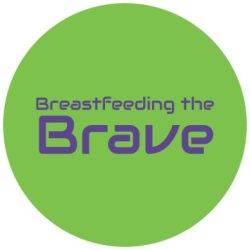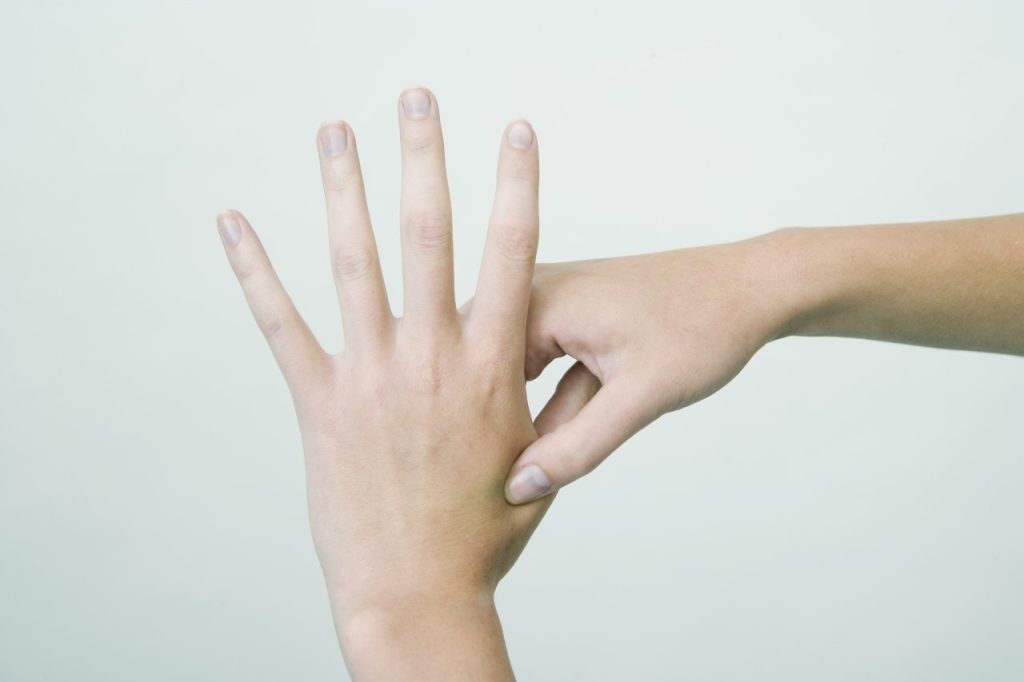Resources and FAQs for parents & professionals
If your child or patient/client has just been diagnosed with a medical condition, illness or disability, please start here. This is a collection of resources and guidelines collated over my years of supporting families of medically complex children. Note that research is currently extremely limited in relation to breastfeeding medically complex infants and children at this time. As more information is available, including my recent systematic review, and future research study, it will be added. If you are aware of a useful resource please contact me.
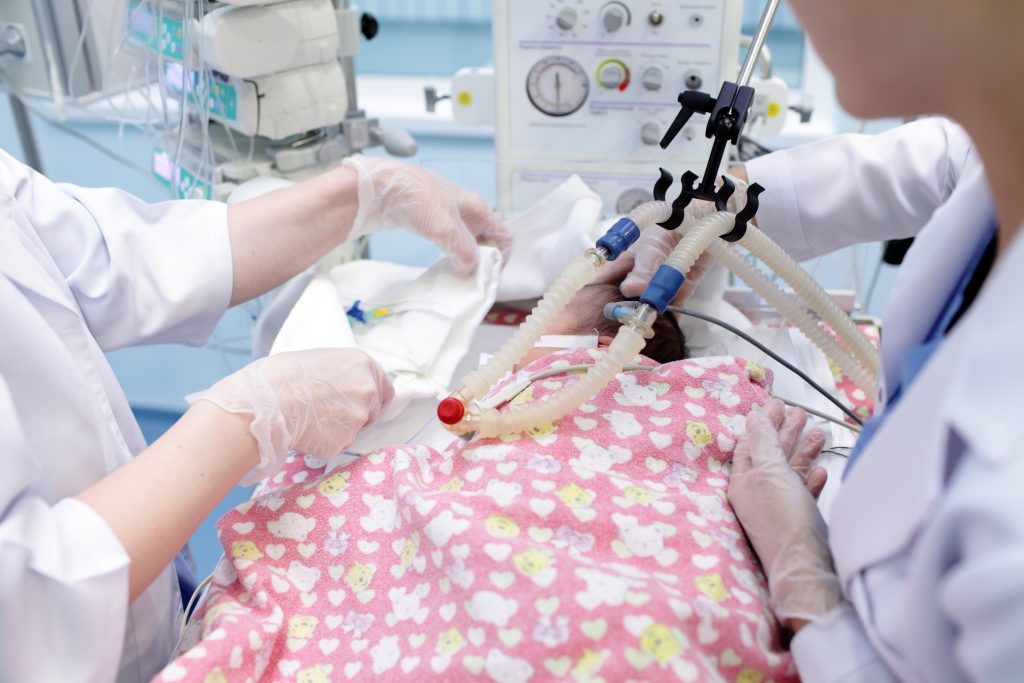
Support group
The Breastfeeding the Brave Facebook group is here.
Beads of courage – charity acknowledging the bravery of children in adversity
This website can try to link families facing the same condition up for peer support
Short article I wrote summarising the evidence we have
Short article about breastfeeding babies admitted to hospital
The Breastfeeding the Brave video.
Guidelines and general information
The UNICEF UK Baby Friendly Initiative.
Breastfeeding course for paediatric nurses and e-learning for paediatricians.
World Breastfeeding Trends Initiative. World Breastfeeding Trends Initiative (2020). State of Maternity Protection in 97 Countries: An analysis of WBTi country reports.
The WHO code of marketing of breastmilk substitutes. World Health Organisation (1981).
A Guide to Supporting Breastfeeding for the Medical Professional – book edited by Amy Brown and Wendy Jones
When Your Child is Sick – by Joanna Breyer
Your Child in the Hospital – Nancy Keene
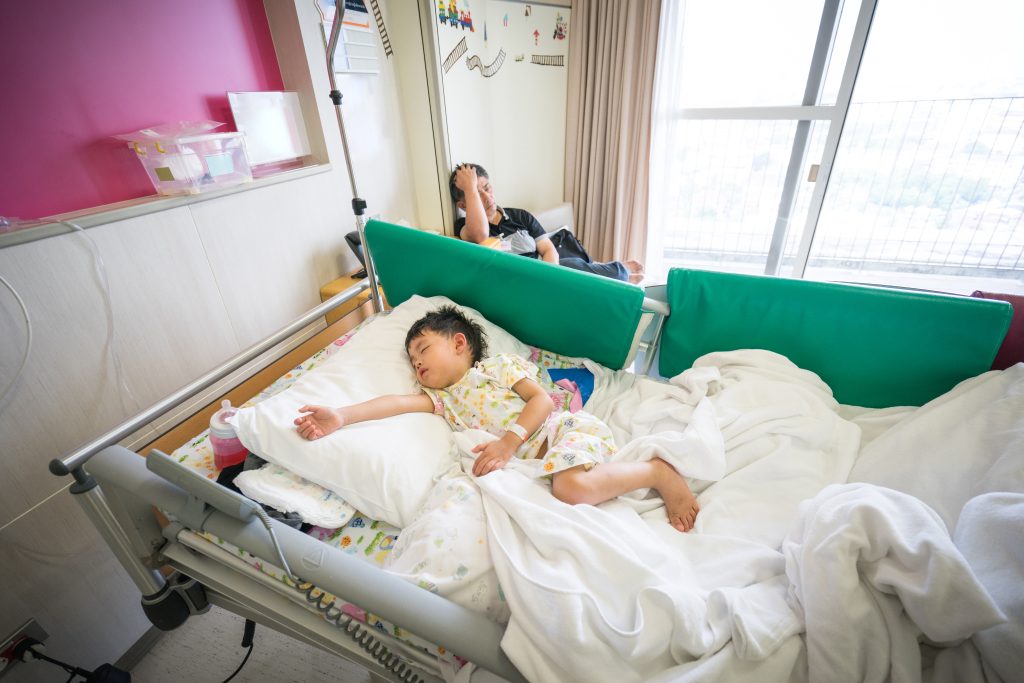
Parental well-being
Being the parent of a sick or medically complex child can be challenging. Please make sure you take care of yourself. Here are some resources to help:
‘For me as a parent’ self-care activities (many of these can take place in hospital) and more here and here. Headspace and Calm are good apps as well. The Mindful breastfeeding book by Anna Le Grange is a good practical resource.
Formula and bottle feeding
First Steps Nutrition Trust – unbiased information about formula, including specialised formula. Responsive bottle feeding from Baby Friendly
Financial and practical support
If you have life insurance with critical illness cover, it is well worth checking to see if you can make a claim on your insurance. This often applies even though your child is not named on your policy, and will have no effect on your own cover.
Please also check with your social worker, or medical team.
Money advice service – providing resources about benefits and how to make a claim
UK based support regarding government aided support
Also check with your hospital – they may have funds and grants to assist with parking, accommodation, and some charities provide a one-off grant.
Accommodation may be provided by your hospital, or there may be a home from home organisation near the hospital, if your child is cared for far from your home. Try Ronald McDonald house
If friends ask what they can do to help, a mealtrain can take the hassle out of coordinating meals. Have a friend set this up and arrange the details for you
Pregnancy and birth
If you are pregnant, and want to find out more about your options in labour and birth, in the first case, ask your midwife or obstetrician. If your child is diagnosed with a condition antenatally, you will probably be offered the opportunity to look around the neonatal unit. If not – please ask.
Here is some information from Bliss about how to prepare before birth
Birthrights website, about human rights in childbirth
WRISK – understanding and communicating risk to parents in pregnancy
Infant Risk website
Antenatal colostrum harvesting / antenatal hand expression information from La Leche League here
Expressing milk, and tube feeding
If your baby is born unwell, or becomes unwell, you will need to protect your milk supply by hand expressing, and using a pump. Here are some resources to help
This is a video from Maya Bolman IBCLC about hand expressing and breast massage
You may be using a breastpump on loan from hospital. If you need to source a breast pump, here are some code-compliant ones:
Ardo Hygeia Limerick Ameda Pumpin Pal
And some general information about pumping, including flange fit here and skin to skin.
This video by Jane Morton MD about how to maximise milk production by using hand expressing as well as pumping, and power pumping information here and here.
Some information and support here about exclusive pumping from Kellymom
Some information here about using a nasogastric (NG) tube
Some information here, here and here about using a gastrostomy (G tube)
Donor milk, milk banking and drugs in breastmilk
If your baby needs to be supplemented, check whether using donor human milk is an option. There are milk sharing organisations as well as national milk banking organisations.
The UK Association of Milk Banking provides resources and information about the national milk banks in the UK
Hearts Milk Bank researches breast milk and provides screened donor milk to babies in need
If you are on medication and need to check breastfeeding compatibility, check out the Breastfeeding Network drugs factsheets, contact Wendy Jones, or see the Lactmed website.
Charities
Several charities will support you: Sick Children’s Trust, Macmillan, CLIC Sargent, Make A Wish, Starlight.
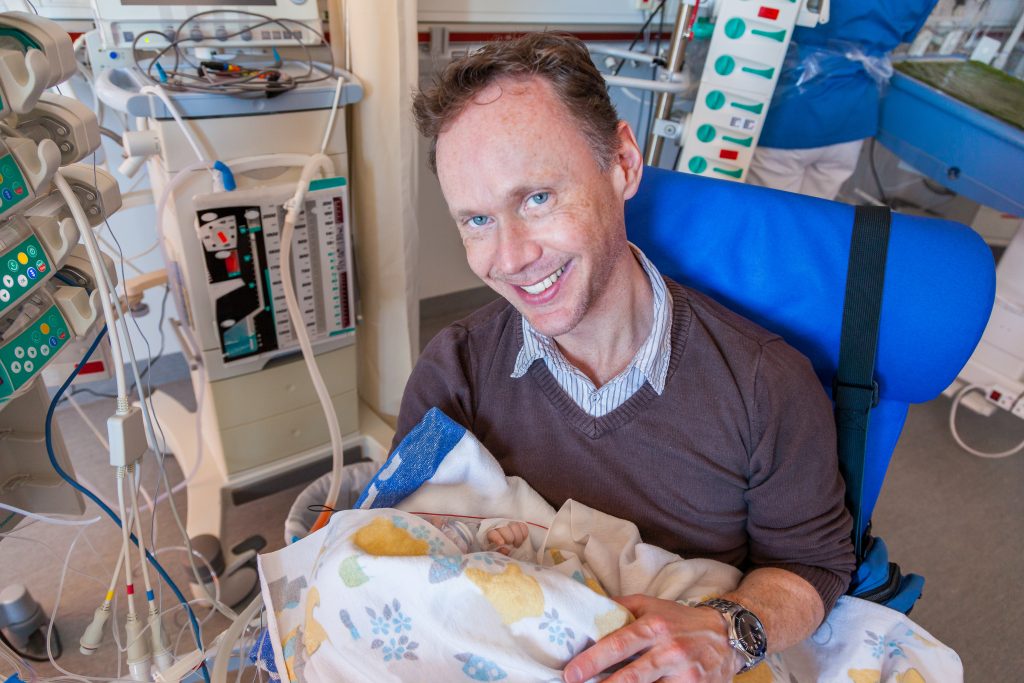
Condition-specific support and information
Arthritis (including JIA and JRA)
https://www.cdc.gov/arthritis/basics/childhood.htm
https://www.arthritis.org/diseases/juvenile-arthritis
https://cks.nice.org.uk/acute-childhood-limp
https://www.cochranelibrary.com/cdsr/doi/10.1002/14651858.CD002824.pub2/full
Asthma
https://www.blf.org.uk/support-for-you/asthma-in-children
https://www.asthma.org.uk/advice/child/diagnosis/
https://cks.nice.org.uk/asthma#!scenario
Autism Spectrum Disorder
https://www.autism.org.uk/about/diagnosis/children.aspx
https://www.childautism.org.uk/
https://cks.nice.org.uk/autism-in-children
Brain Injury
https://childbraininjurytrust.org.uk/
https://www.braininjurygroup.co.uk/living-with-brain-injury/children-brain-injury/
https://www.headway.org.uk/about-brain-injury/further-information/useful-organisations/children-and-young-people/
https://www.braininjuryhub.co.uk/
Cancer
https://www.cclg.org.uk/childhood-cancer
https://www.cancer.org/cancer/cancer-in-children/types-of-childhood-cancers.html
https://www.cancer.gov/types/childhood-cancers
Cerebral Palsy
https://www.cerebralpalsy.org.uk/
https://raisingchildren.net.au/disability/guide-to-disabilities/assessment-diagnosis/cerebral-palsy
https://www.nice.org.uk/guidance/ng62
Cleft lip/palate
https://www.clapa.com/what-is-cleft-lip-palate/
https://www.gosh.nhs.uk/conditions-and-treatments/conditions-we-treat/cleft-lip-and-palate
https://www.clapa.com/treatment/feeding/breastfeeding/
https://www.laleche.org.uk/breastfeeding-a-baby-with-cleft-lip-and-palate/
Congenital diaphragmatic hernia
https://www.gov.uk/government/publications/cdh-description-in-brief/congenital-diaphragmatic-hernia-cdh-information-for-parents
https://patient.info/doctor/congenital-diaphragmatic-hernia
https://rarediseases.info.nih.gov/diseases/1481/congenital-diaphragmatic-hernia
Congenital Heart Defect
https://www.bhf.org.uk/informationsupport/conditions/congenital-heart-disease
https://www.mayoclinic.org/diseases-conditions/congenital-heart-defects-children/symptoms-causes/syc-20350074
https://www.heart.org/en/health-topics/congenital-heart-defects/care-and-treatment-for-congenital-heart-defects/feeding-tips-for-your-baby-with-chd
Cystic Fibrosis
https://www.cysticfibrosis.org.uk/what-is-cystic-fibrosis
https://www.blf.org.uk/support-for-you/cystic-fibrosis/what-is-it
https://patient.info/chest-lungs/cystic-fibrosis-leaflet
https://www.marchofdimes.org/complications/cystic-fibrosis-and-your-baby.aspx
https://jamanetwork.com/journals/jamapediatrics/article-abstract/515379
Diabetes
https://www.diabetes.org.uk/Guide-to-diabetes/Your-child-and-diabetes
https://www.nice.org.uk/guidance/ng18
https://kellymom.com/health/baby-health/breastfeeding-type-1-diabetes-child/
Down Syndrome
https://www.ndss.org/about-down-syndrome/down-syndrome/
https://www.downs-syndrome.org.uk/
https://www.nhs.uk/conditions/downs-syndrome/how-to-help-children-and-young-people/
https://www.breastfeedingnetwork.org.uk/downs-syndrome-and-breastfeeding/
https://www.ndsccenter.org/wp-content/uploads/CDSS_breastfeeding_brochure.pdf
Epilepsy
https://www.epilepsysociety.org.uk/epilepsy-childhood
https://www.epilepsy.org.uk/info/children
https://www.gosh.nhs.uk/conditions-and-treatments/conditions-we-treat/epilepsy
https://www.nice.org.uk/Guidance/QS27
FPIES
https://www.fpiesuk.org/
https://www.kidswithfoodallergies.org/food-protein-induced-enterocolitis-syndrome-fpies.aspx
https://fpiesfoundation.org/about-fpies-3/
Gastroschisis, short gut syndrome and Exomphalos
https://www.gosh.nhs.uk/conditions-and-treatments/conditions-we-treat/gastroschisis
https://www.cdc.gov/ncbddd/birthdefects/gastroschisis.html
https://rarediseases.info.nih.gov/diseases/8661/gastroschisis
https://www.gosh.nhs.uk/conditions-and-treatments/conditions-we-treat/exomphalos
https://www.gov.uk/government/publications/exomphalos-description-in-brief
https://www.niddk.nih.gov/health-information/digestive-diseases/short-bowel-syndrome
GORD
https://cks.nice.org.uk/gord-in-children#!scenario
https://www.guidelines.co.uk/gastrointestinal/nice-gord-in-children-guideline/252583.article
http://lifib.org.uk/reflux-in-infants-for-parents-and-carers/
https://www.breastfeedingnetwork.org.uk/reflux/
https://gpifn.org.uk/reflux-and-gord/
Hirschsprung’s Disease
https://www.gosh.nhs.uk/conditions-and-treatments/conditions-we-treat/hirschsprungs-disease
https://patient.info/digestive-health/constipation/hirschsprungs-disease
https://www.niddk.nih.gov/health-information/digestive-diseases/hirschsprung-disease
Laryngomalacia
https://rarediseases.info.nih.gov/diseases/6865/laryngomalacia
https://bestpractice.bmj.com/topics/en-gb/754
https://www.thoracic.org/patients/patient-resources/resources/laryngomalacia.pdf
Liver Disease
https://childliverdisease.org/
https://childliverdisease.org/yellow-alert/
https://www.niddk.nih.gov/health-information/liver-disease/biliary-atresia
https://kidshealth.org/en/parents/liver-transplant.html
Phenylketonuria and metabolic diseases
https://ghr.nlm.nih.gov/condition/phenylketonuria
https://www.rch.org.au/clinicalguide/guideline_index/Metabolic_disorders/
https://www.ncbi.nlm.nih.gov/pmc/articles/PMC3383634/
https://www.jognn.org/article/S0884-2175(15)35340-5/pdf
Prader Willi Syndrome
https://ghr.nlm.nih.gov/condition/prader-willi-syndrome
https://rarediseases.info.nih.gov/diseases/5575/prader-willi-syndrome
https://www.pwsavic.org.au/get-support/early-years/diet-and-nutrition/
https://www.thealphaparent.com/triumphant-tuesday-breastfeeding-baby-6/
Sickle Cell Anaemia and Thalassaemia
https://www.sicklecellsociety.org/resource/sickle-cell-anaemia/
https://cks.nice.org.uk/sickle-cell-disease
https://www.chp.edu/our-services/cancer/conditions/sickle-cell/resources/infants-and-toddlers
Skin conditions
https://www.dermnetnz.org/topics/skin-conditions-in-children/
http://www.dermatologist.org.uk/skin-conditions.html
https://nationaleczema.org/eczema/children/
https://www.gosh.nhs.uk/conditions-and-treatments/conditions-we-treat/eczema
Spina Bifida
https://www.shinecharity.org.uk/spina-bifida/spina-bifida
https://www.cdc.gov/ncbddd/spinabifida/facts.html
https://www.nrshealthcare.co.uk/articles/condition/spina-bifida
Taste and smell disorders (can occur in isolation or with chemotherapy)
https://ueaeprints.uea.ac.uk/id/eprint/50291/1/Chem_Senses_2014_Philpott_chemse_bju043.pdf https://www.hopkinsmedicine.org/health/conditions-and-diseases/smell-and-taste-disorders
http://www.anosmiafoundation.com/disability.shtml
https://www.nidcd.nih.gov/health/taste-disorders
Tracheoesophageal fistula and oesophageal atresia
https://rarediseases.info.nih.gov/diseases/7792/tracheoesophageal-fistula
https://bestpractice.bmj.com/topics/en-gb/760
https://www.clinicalguidelines.scot.nhs.uk/ggc-paediatric-guidelines/ggc-guidelines/neonatology/oesophageal-atresia-and-tracheo-oesophageal-fistula/
